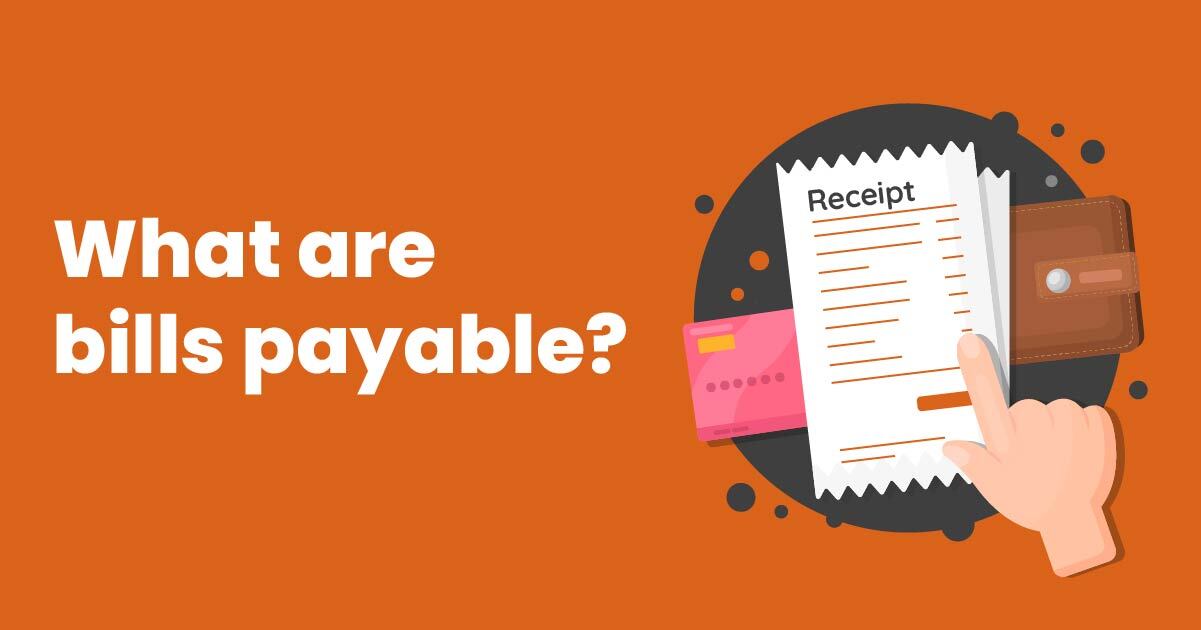The balance in your checking account at the beginning of any given day is what is referred to as the ledger balance. Each day’s activity determines a business’s ledger balances at the end of the workday. There is a distinction between a ledger balance and an available balance.
What is the ledger balance in the savings account?
The ledger balance is also known as the current balance. Ledger amount meaning is the amount of money in a specific checking account at the beginning of each day, which remains unchanged throughout the day.
Your personal checking account’s ledger balance will be updated at the end of each business day after your transactions have been approved and processed. Next business day, your checking account balance will be updated.
What is the function of a Ledger Balance?
Ledger balances update when the bank processes transactions at the end of the working day and reflect a new opening balance for the next day. A ledger balance doesn’t change in real-time.
Banks are allowed by federal regulations to impose a hold on deposited cash for a specified amount of time before making them available for use. A pending deposit is a money on hold that has not yet been authorised for usage. Once the bank confirms receiving the funds from the payee, they’ll add them to your available balance. Withdrawals, wire transfers, and debit card activity are pending transactions.
Initial bank statement balances come from ledger balances. To maintain an accurate ledger balance, record all transactions after receiving the bank statement.
The importance of Ledger Balance
Understanding your ledger balance helps prevent overdraft charges, bounced checks, and inadequate funds for automated debits like bill payments. In addition, you must keep track of your ledger balance if you need to maintain a minimum bank account balance.
Financial planning involves checking ledger balances. This includes budgeting and understanding when to withdraw funds for big and small expenditures since funds aren’t accessible until they’re in your ledger.
To know your financial condition well, you must regularly examine your ledger balance.
What are the differences between Ledger Balance vs Available Balance
| Ledger Balance | Available Balance |
| It shows the current balance in a personal checking account. | Reflects the beginning-of-day balance after the previous day’s posted transactions has been accounted for. |
| It will change throughout the day as you use a debit card, cash a check, or deposit money. | It shows the total balance in your bank account, excluding pending transactions. |
| Reflects the amount of money that is readily available. | For long-term financial planning, it is a more suitable metric to use? |
FAQs on Ledger Balance
Why is ledger balancing important?
Balanced ledger accounts help prepare P&L and balance sheets to determine a business's profits, losses, and financial situation.
Why is the balance on the ledger more than the available balance?
The ledger balance contains interest revenue and deposits after debit entries and withdrawals. Available balance specifies the withdrawal amount and excludes cleared checks.
What is a clear balance in a bank account mean?
Clear balance meaning is cash balances that are immediately available for withdrawal or use in financial activities.






